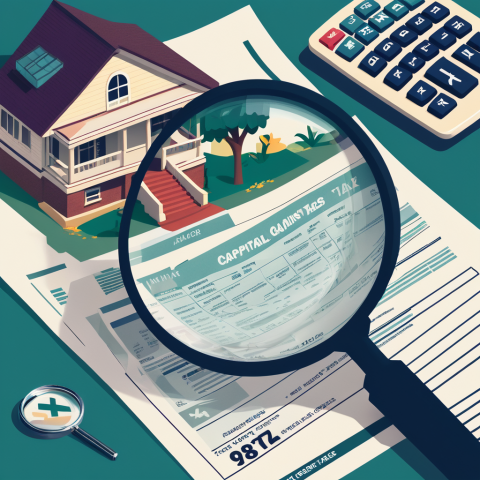Understanding Capital Gains Tax and Other Taxes When Selling Rental Property in Ghana
Capital Gains Tax:
Upon selling a property, investors are subject to a flat rate of 15% on the gains made from the sale. This tax must be settled within 30 days after the disposal of the property.
Legal Fees:
Legal fees incurred for preparing and registering the sale agreement are deductible against capital gains for tax. Investors can offset these expenses to reduce their taxable gains.
Stamp Duty:
Buyers are responsible for paying a stamp duty of 0.5% of the property's value. Sellers, however, are not required to pay stamp duty on the sale transaction.
Sale Timing:
To mitigate capital gains tax liability, investors can structure sales to occur in separate tax years from other major transactions. Selling just before year-end can also be advantageous, as it allows tax payments to be deferred to the next tax year when cash proceeds are available.
Use of Losses:
Capital losses incurred from the sale of one property can be offset against capital gains from the sale of another property. This strategy helps lower the overall tax because of property sales.
Exemptions:
The main residence exemption provides a tax-free threshold of up to GHS 50,000 on gains from selling a primary residence. Investors can take advantage of this exemption to reduce their capital gains tax liability.
With the right strategy and understanding of Ghana's tax laws, investors can effectively reduce their capital gains tax liability when selling real estate investments. By leveraging deductions, timing sales strategically, and utilizing exemptions, investors can optimize their returns and minimize their tax burden on the property market.


Comments
There are no comments yet
Leave a Comment